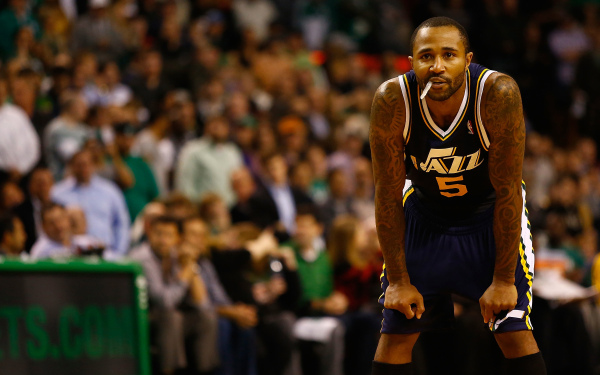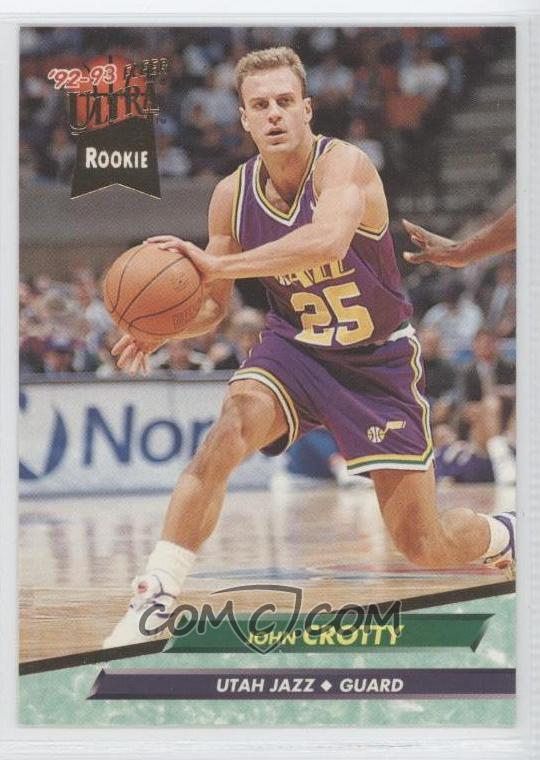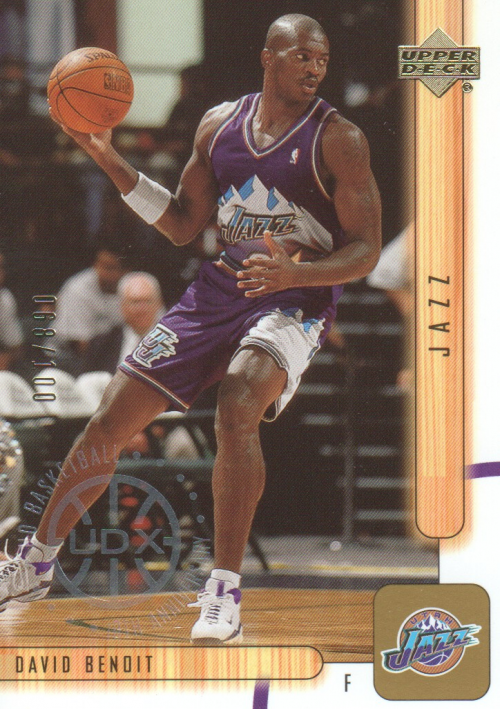Doolittle: Rush was sent to a rebuilding Jazz team over the summer in what was a money move for both Utah and Golden State. Mark Jackson referred to Rush as his best perimeter defender even after he blew out his knee last fall. Indeed, during Rush's last two healthy seasons, he ranked in the top third of individual defenders by Synergy's points per possession allowed. On offense, he's a career 41 percent shooter from deep, giving a healthy Rush a much-coveted skill set that you can plug into most any team.
He has seemed athletically capable of more on offense, but after four full seasons then an injured-wrecked campaign, we have to place him in the "is what he is" category. "What he is" would be useful to Chicago. The Bulls don't have a pure shooting guard on the depth chart and are projected to rank 22nd in 3-point accuracy. Most importantly, Rush plays enough defense to persuade coach Tom Thibodeau to actually put him on the floor.
Elhassan: Rush brings a defensive tenacity to the wing position without sacrificing offense. He's a stellar 3-point shooter who has great size and length, giving him the versatility to guard multiple positions. The Rockets tried to address some of their perimeter defensive deficiencies this offseason by retaining Francisco Garcia (who did an admirable job against Durant in the postseason) and bringing in Ronnie Brewer, but Rush is a better defender and shooter than either of those options. Rush's ability to space at a high level makes him an ideal threat to keep defenses honest for Dwight Howard post-ups and act as a release valve for pick-and-roll action between James Harden and Howard.







